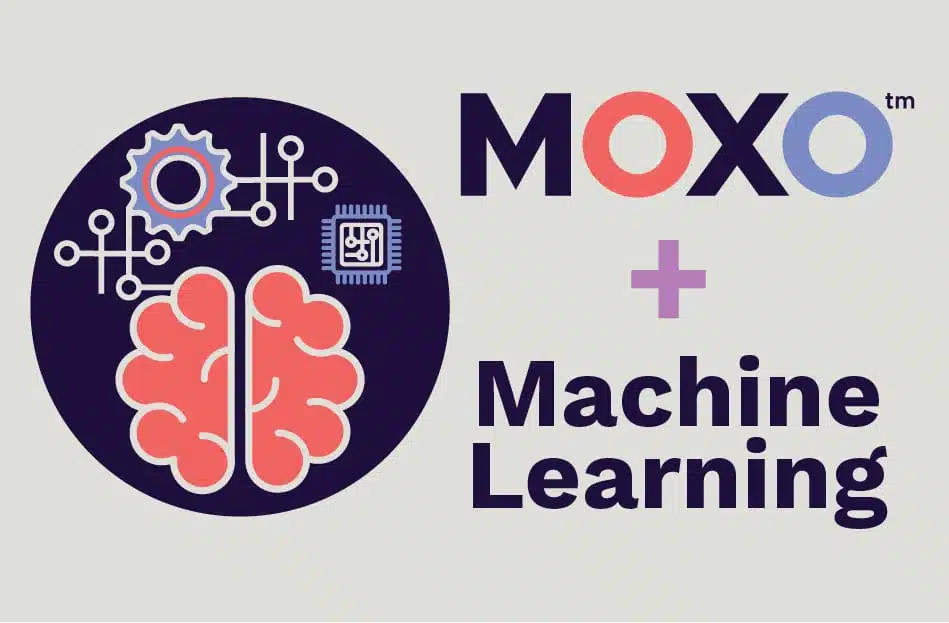Whether computerized tests, and specifically CPTs should be used in the diagnosis process of ADHD is debated, with many questioning its specificity, sensitivity and ecological validity. To address this debate, Slobodin and colleagues applied a machine learning model using MOXO to predict ADHD, comparing it to benchmark models that made use of clinical data only.
Using retrospective factorial fitting with bootstrap techniques based on MOXO performance of 458 children (213 with ADHD and 245 typically developing controls), findings conclude that models with MOXO performed 34% higher than the best-achieved benchmark model. Findings highlight the use of MOXO as an effective support tool in diagnosing ADHD.
The study entitled A Machine-Based Prediction Model of ADHD Using CPT Data was published in Frontiers in Human Neuroscience.
Key Takeaways
- A MOXO total score made up of attentiveness, timeliness, hyper-reactivity and impulsivity, together with control variables was able to accurately predicted ADHD
- This model using MOXO yielded an accuracy of 87%, a sensitivity of 89% and a specificity of 84%
- This model performed 34% higher than the best-performing benchmark model
Conclusions
Results of this machine learning diagnostic model suggests incorporating MOXO in the diagnostic process can lead to more accurate diagnosis of ADHD, more so than clinical data only. MOXO offers a quick, cost-effective and accurate tool to support the diagnostic decision making process.
You can find the abstract and link to the publication on our research & publications page.
Reference:
Slobodin, O., Yahav, I., & Berger, I. (2020). A Machine-Based Prediction Model of ADHD Using CPT Data. Frontiers in Human Neuroscience, 14.


